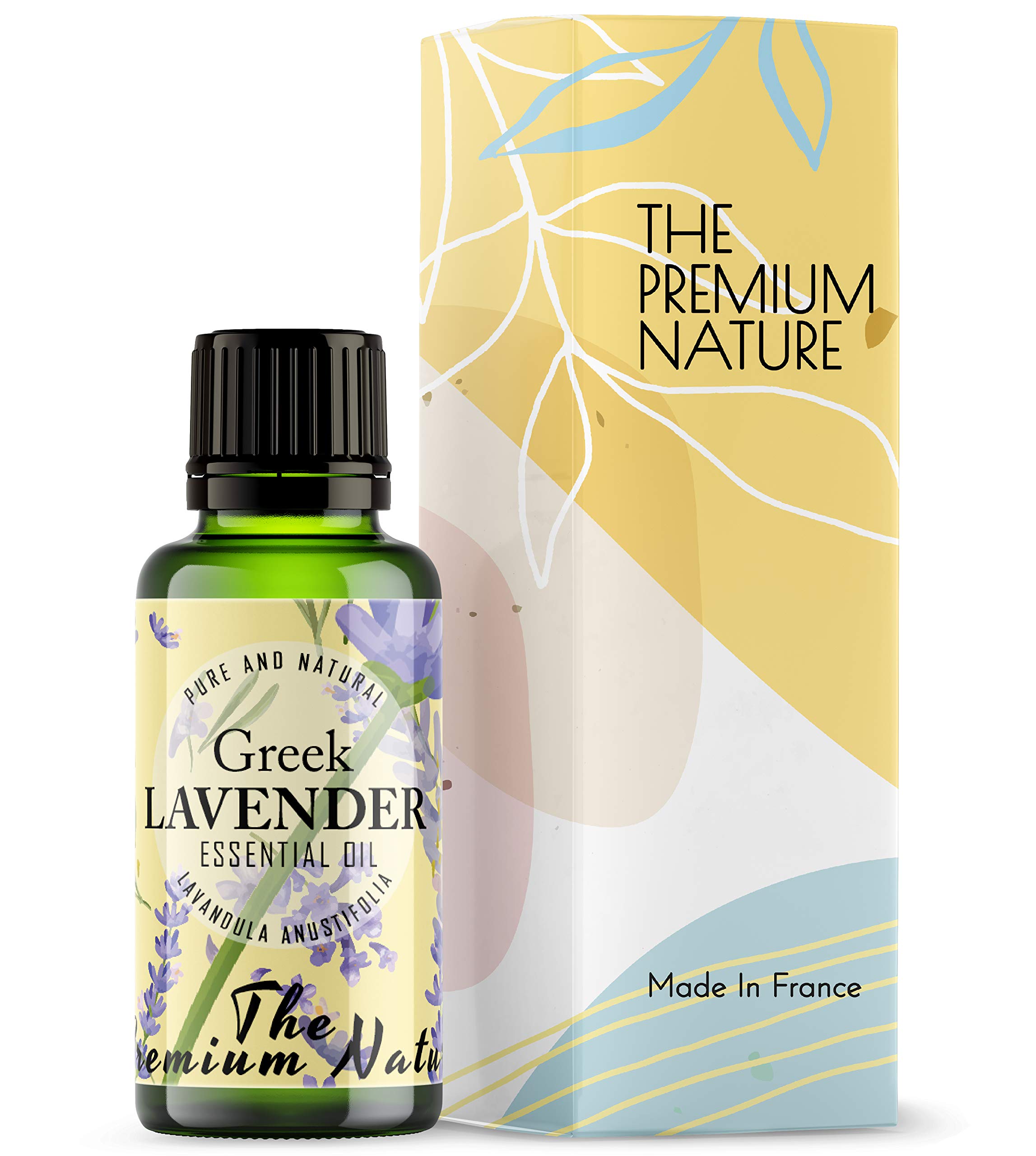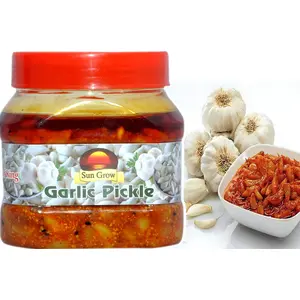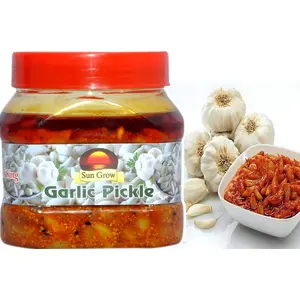HomeHealth & PersonalAroma ProductsEssential OilsThe Premium Nature Lavender Greek Essential Oil 100% Pure Therapeutic Grade (Anxiety & Headaches) (30 ML)
Shipping Price - Flat 7€ Charges or Get Free Shipping on order above 100€ with minimum 3 Qty.
Area of origin: our organic Greek lavender is grown at nea Tenedos village located in the Northern Greece. The village Nea Tenedos counts 368 inhabitants engaged in agriculture and stockbreeding. It is a very beautiful and quiet semi-mountainous village at a close distance from the sea. Historical notes: As a herb lavender has been in a documented use for over 2500 years. It is believed that after being first domesticated by Arabs it spread to Greece and then around 600 BC to Europe. It is thought that it may have come from Greek Hyeres Islands into France and later to Spain Italy and England. Around 50 - 70 AD Greek military physician Pedanius Dioscorides penned what appears to be the first written record of the medicinal uses of lavender. He collected medicinal plants from around the Mediterranean and described them and their medicinal uses in a 5-volume work entitled âDe Materia Medica. Lavender he noted when taken intern Historical notes: As a herb lavender has been in a documented use for over 2500 years. It is believed that after being first domesticated by Arabs it spread to Greece and then around 600 BC to Europe. It is thought that it may have come from Greek Hyeres Islands into France and later to Spain Italy and England. Around 50 - 70 AD Greek military physician Pedanius Dioscorides penned what appears to be the first written record of the medicinal uses of lavender. He collected medicinal plants from around the Mediterranean and described them and their medicinal uses in a 5-volume work entitled âDe Materia Medica. Lavender he noted when taken internally relieved indigestion headaches and sore throats and externally could be used to clean wounds and burns or treat skin ailments. Pliny the Elder (23 79AD) a Greek writer and encyclopaedist noted the benefits of herbal preparations with lavender including helping those with menstrual problems upset stomachs kidney disorders jaundice and treating insect bites.
No reviews found
Similar products
My account
Main Categories
Contact Us
If you have any questions, we're here to help you!
Email us at - [email protected]
© 2015 - 2026 Silkrute. All Rights Reserved. | Privacy Policy | Terms & Conditions


















